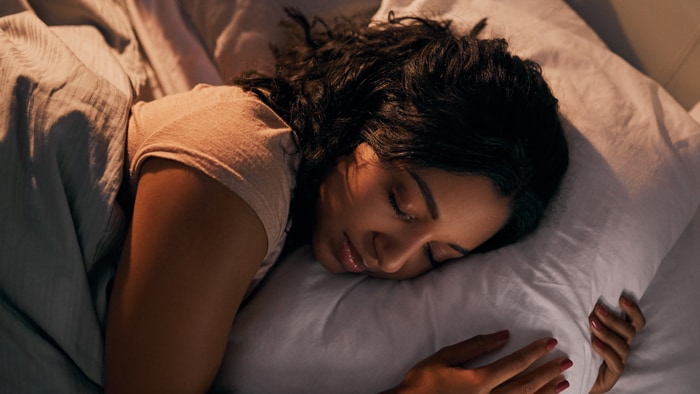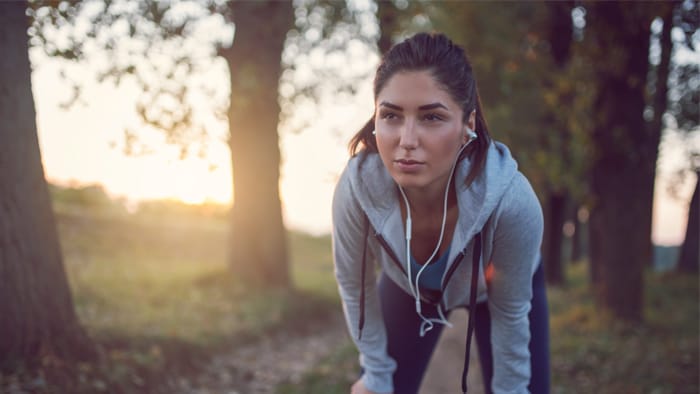Want to fall asleep? Don’t count sheep
By Gina Roberts-Grey In search of a good night’s sleep? Forget about counting sheep! A study of insomniacs by Oxford University measuring the effectiveness of various sleep-inducing techniques found those who counted sleep took longer to fall asleep than people who imagined a relaxing scene. Sheep counters took an average 20 extra minutes to fall asleep, a situation scientists attribute to the boring nature of counting. While men and women both battle insomnia and have trouble falling asleep, women are more likely to report sleep problems such as not getting enough sleep or being sleepy during the day, according to the National Sleep Foundation (NSF). Hormonal shifts associated with pregnancy and/or age are thought to be a contributing factor. But not all women around the world are missing out on a good night’s sleep. According to a new international poll by the NSF that compares sleep times, attitudes, habits and bedtime routines of sleepers around the world, women in America are sleeping an average 30 to 40 minutes less a night than those in the United Kingdom, Germany, Mexico and Canada. And women aren’t sleeping soundly, either. Adults over 30 need seven to nine hours of sleep a night, according to the NSF, more than the average of six hours and 31 minutes of sleep American adults get. In addition to imagining happy thoughts or relaxing places, the NSF suggests trying these tricks to get a good night’s sleep tonight: Get moving: Routine exercise done in the morning or afternoon (at least three to four hours before bedtime) can promote restful sleep later in the day. Unplug: The distraction of cellphones, TVs, laptops, tablets and other electronic devices in the bedroom doesn’t allow your brain to “power down” and relax to allow you to fall asleep. Establish a routine: Setting a regular time to go to bed and wake up can help develop the habit of sleeping soundly. Avoid caffeine: Because it’s a stimulant, a caffeinated beverage can lead to increased heart rate and attention, making it difficult to fall asleep.



